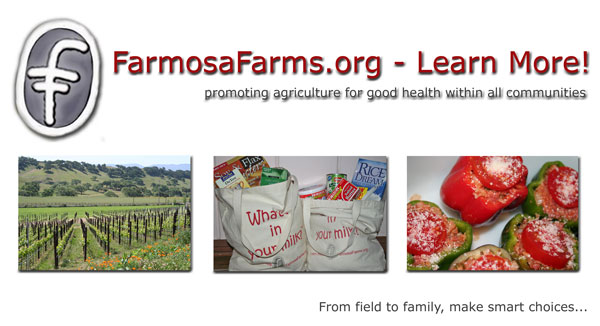Update as Farm Bill Moves to House Floor
First of all, THANK YOU SO MUCH for all your support and calls to legislators on Community Food Projects. This process is NOT over, and it’s important for us all to stay plugged in and informed as the Farm Bill moves to the Senate.
Currently in the House, tensions are rising among Democrats and Republicans as the Farm Bill moves to the House Floor within the next 24 hours. There has been some progress in securing Community Food Security Coalition priorities in the House version of the Farm Bill, while Community Food Projects remains WITHOUT MANDATORY FUNDING in the version of the Farm Bill being discussed and voted on by the full House.
Community Food Security Coalition Priorities
- Community Food Projects: The Rules Committee ruled early this morning to only allow 31 amendments to the Farm Bill to be offered on the House Floor, and this did not include an amendment by Rep. Earl Blumenauer (D-OR) to give Community Food Projects mandatory funding. This is unfortunate, but means that we will need to work harder to push for funding in the Senate and in the Appropriations Bills that both houses of Congress will be voting on in the next few months. We are working to ensure that the importance of funding for CFP is included in upcoming floor statements.
- Healthy Food (Urban) Enterprise Development Program (HFUED): The loan portion of what was formerly called the Healthy Food Enterprise Development was adopted as an amendment (by Rep. Gillibrand (D-NY) to the Rural Development Title in the Agriculture Committee's Farm Bill last week and has remained in the version of the bill going to the House Floor. The grant portion of the program was included in the Horticulture & Organic Title of the "Manager's Amendment," an amendment by the Chairperson of the Committee (which almost always passes), as the "Healthy Food Urban Enterprise Development" Program (HFUED).
- Geographic Preference/Local Procurement: An amendment offered by Rep. Steve Kagen (D-WI) to clarify previous language allowing schools to use a geographic preference to request local food in all federally-funded Child Nutrition programs, was adopted by the House Agriculture Committee in its bill last week and is currently in the Nutrition title of the Farm Bill to be debated on the House Floor.
The version of the bill to be debated and voted on by the full House, as well as the 31 accepted amendments can be viewed at: http://www.rules.house.gov in the section under "H.R. 2419- Farm, Nutrition & Bioenergy Act of 2007." Debate should begin with 24 hours and will last at least 7 hours based on the timeline laid out by the Rules Committee: http://www.rules.house.gov/SpecialRules_details.aspx?NewsID=2793.
You can view the proceedings of the Farm Bill on the House Floor on C-SPAN or online at:
http://www.c-span.org/watch/index.asp?Cat=TV&Code=CS
There are 2 accepted amendments to be offered on the floor that address healthy food and communities priorities, as well as 2 additional provisions in the Manager's amendment:
- Manager's Amendment Includes:
- "Sense of Congress Regarding Food Deserts, Geographically Isolated Neighborhoods and Communities with Limited or No Access to Major Chain Grocery Stores"- The "Manager's Amendment" includes a provision recommending that the NIH, CDC, IOM and faith-based organizations assess the existence of food deserts and develop recommendations to eliminate them.
- "Pigford Claims"- The manager’s amendment includes a provision that would allow people who met criteria in this case (who were black farmers who were discriminated against by USDA) but were denied a way to appeal their status in this case.
- Amendment # 10 (Welch)- An amendment will be offered by Rep. Jack Welch (D-VT) to encourage schools to develop plans to include locally grown foods in the Fruit and Vegetable Snack Program.
- Amendment # 23 (Clay)- An amendment will be offered by Rep. Wm. Lacy Clay (D-MO) to create a grant program to assist in purchasing operating organic gardens or greenhouses in urban areas for growing fruits and vegetables.
When the House of Representatives concludes its debate and vote on the Farm Bill, we will provide a more comprehensive update on healthy food and communities provisions in the Farm Bill, INCLUDING OUR NEXT ACTION STEPS!
Thank you for all your support,
Steph and Aliza
--
Community Food Security Coalition
110 Maryland Ave. NE Suite 307
Washington, DC 20002
Phone: 202.543.8602
www.FoodSecurity.org






